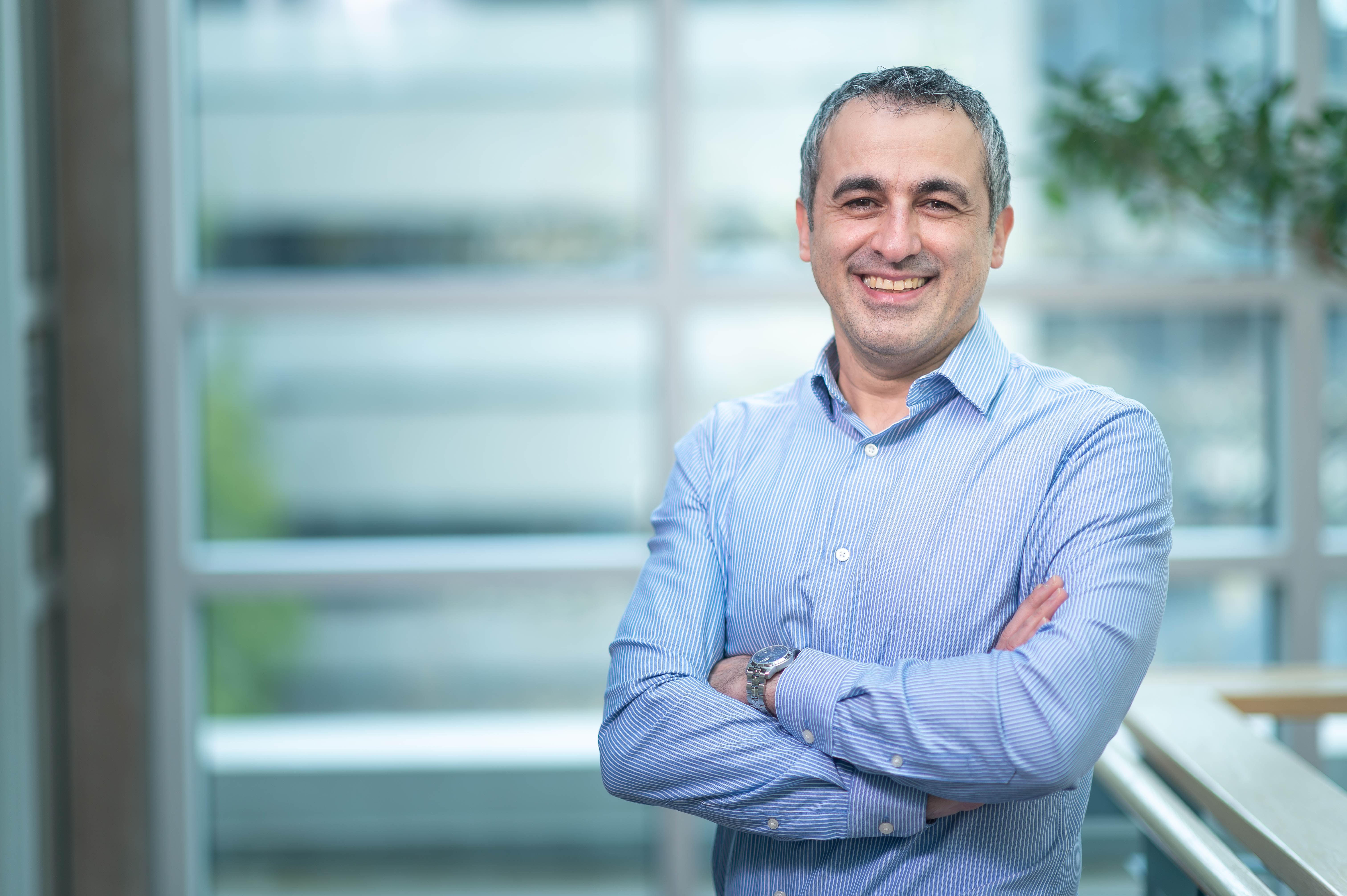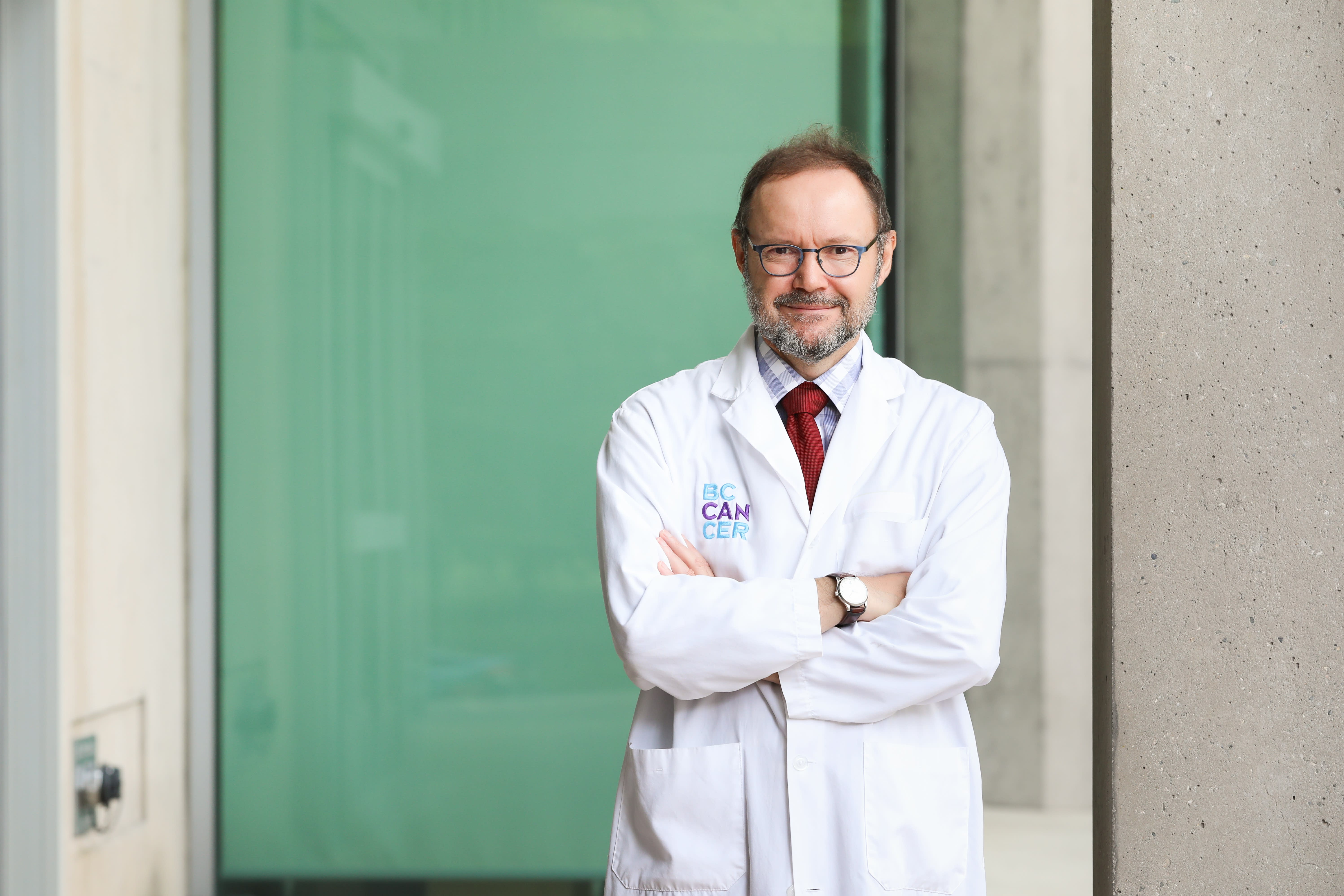Vancouver, BC –Two local cancer researchers will use nearly $1-million in new research funding to explore ways to treat leukemia and diagnose lymphoma using novel, non-detrimental or invasive approaches involving vitamin C and simple blood tests.
Dr. Martin Hirst, University of British Columbia, and Dr. Ryan Morin, Simon Fraser University, both investigators conducting research at the BC Cancer Agency, are among six national researchers to receive Terry Fox New Investigator Awards, following a peer-reviewed country-wide competition.
“On behalf of TFRI and the Terry Fox Foundation, we congratulate Drs. Hirst and Morin on their selection to receive our prestigious Terry Fox New Investigator Award. These three-year awards enable top new talent at our partner cancer research institutions to gain valuable mentorship experience within our pan-Canadian research community from world-class research teams. Further, these awards are a game-changer for many of the recipients, enabling them to build their own research and laboratory programs at a critical time in their careers. We also thank our funding partners who made it possible this year for us to invest a record $2.7 million so, most importantly, we can support these future leaders in cancer research who will play a pivotal role in helping us to fulfill Terry’s dream to eradicate cancer,” says Dr. Victor Ling, TFRI President and Scientific Director.
The BC Cancer Foundation is co-funding the two awards, valued at $450,000 each, as part of a joint partnership with TFRI. Douglas Nelson, President and CEO of the BC Cancer Foundation, says: “We know that great partnerships result in life-saving cancer research. On behalf of our donors from across the province, we are proud to partner with TFRI in support of Drs. Hirst and Morin as their work takes the BC Cancer Agency’s world-leading research into leukemia and lymphoma to new heights.”
Dr. Hirst will study the potential of vitamin C to improve treatment for patients with acute myeloid leukemia (AML) who have a poor long-term prognosis — an approach that, if successful, shouldn’t have the detrimental harmful effects of current chemotherapies. In previous research, he found that vitamin C affects gene activity linked to leukemia. Dr. Hirst will investigate this effect and hopes his research will lead to better therapeutics for patients.
Aggressive non-Hodgkin lymphomas can undergo genetic changes over time while they acquire resistance to treatment. Invasive tumour biopsies would usually be used to identify these, but Dr. Morin is developing methods to use a simple blood test to find the level of tumour DNA in a patient’s blood and observe changes that may impact treatment response. “Blood tests are not fun, but they are a lot easier than a biopsy. This is potentially a new way to monitor the progression of the disease overall to see whether the tumour is changing into a more aggressive form of cancer,” says Dr. Morin.
-30-
About the BC Cancer Foundation The BC Cancer Foundation is the bridge that connects philanthropic support and research breakthroughs in cancer knowledge. As the fundraising partner of the BC Cancer Agency and the largest funder of cancer research in this province, we enable donors to make contributions to leading-edge research that has a direct impact on improvements to cancer care for patients in British Columbia. www.bccancerfoundation.com
About The Terry Fox Foundation (TFF) The Terry Fox Foundation maintains the vision and principles of Terry Fox while raising money for cancer research through the annual Terry Fox Run, Terry’s CAUSE on Campus, National School Run Day and other fundraising initiatives. To date, over $700 million has been raised worldwide for cancer research in Terry Fox's name. The first Terry Fox Run was held in 1981, with The Terry Fox Foundation being created in 1988. Its national headquarters are located in Chilliwack, BC and it has offices in nine provinces.
About The Terry Fox Research Institute (TFRI) Launched in October 2007, The Terry Fox Research Institute is the brainchild of The Terry Fox Foundation and today functions as its research arm. TFRI seeks to improve significantly the outcomes of cancer research for the patient through a highly collaborative, team-oriented, milestone-based approach to research that will enable discoveries to translate quickly into practical solutions for cancer patients worldwide. TFRI collaborates with over 65 cancer hospitals and research organizations across Canada. TFRI headquarters are in Vancouver, BC.


